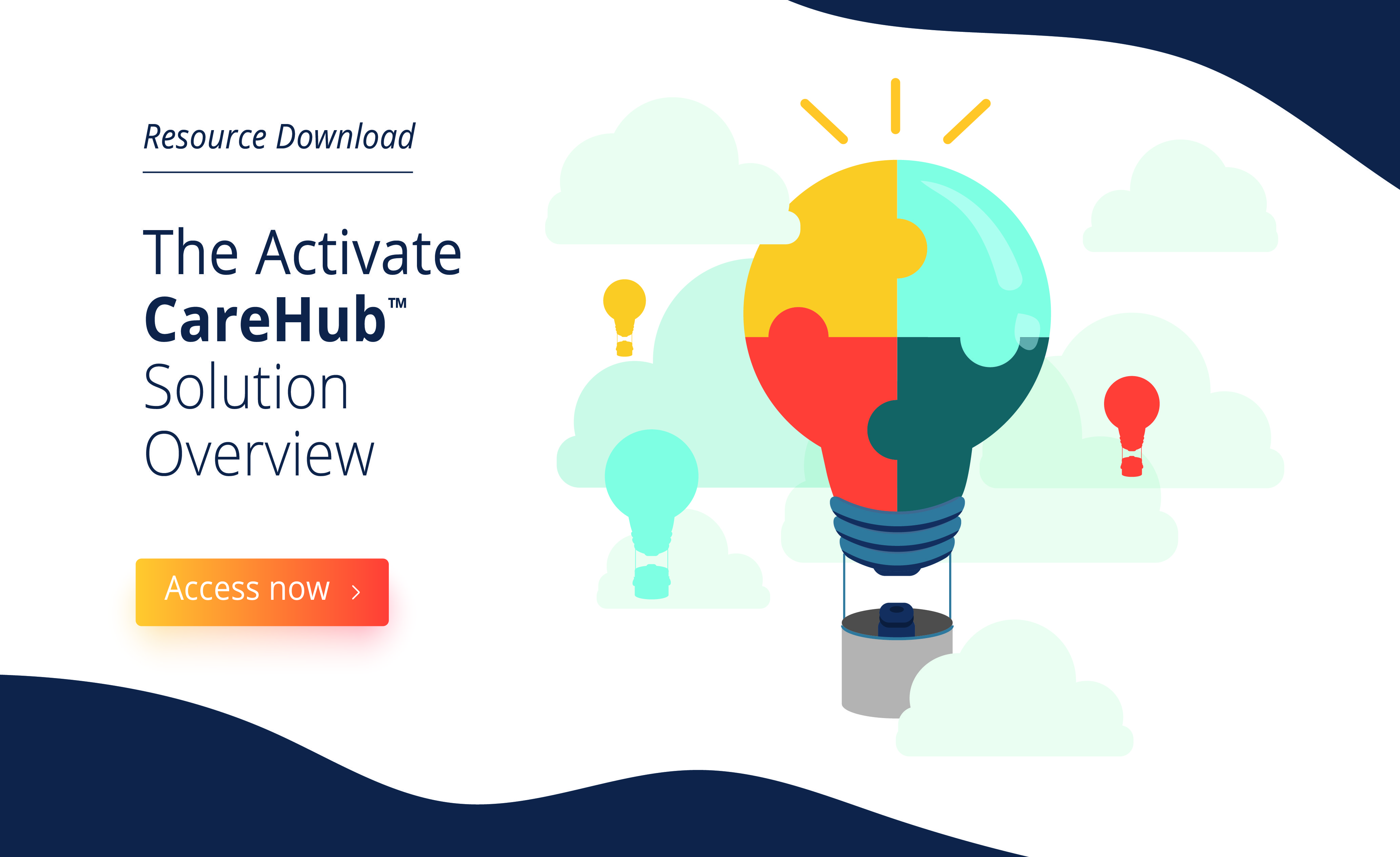"We have no room."
That’s what the staff of Central Arizona Shelter Services say to hundreds of people experiencing housing issues or homelessness every month. The waitlist for their family emergency shelter had more than 100 families on it at one point last year.
I was recently in Arizona to run the 2020 Humana Rock n’ Roll Marathon. The mountain views are beautiful, and the weather conditions were hard to beat in comparison to Massachusetts. After returning home, I remembered an interaction I had with a local police officer.
With 25,000 attendees at the race, I was pleased to see a strong police presence at the event. While waiting for the race to start, the police officer asked where I was traveling from and what I do for work. When I explained the social determinants of health we at ACT.md are working to address, he immediately related and went on to inform me of some local statistics.
“Three homeless people died in Arizona this weekend, and my brother-in-law, who is a police officer in LA County, told me this morning that nine homeless people died in his community the same weekend.”
I carried the weight of this conversation with me throughout the race and across the finish line. Back at my hotel room, I tried to find mention of these tragedies on the local news broadcasts and publications, but to my dismay found nothing. The hype of the event may have overshadowed the impact of these collective twelve nameless individuals, as I sadly could not locate any community action.
RELATED TOPIC: How one California county is tackling poverty differently
Here at ACT.md, I work with a team of experts who were hired because they are not only strategic thinkers, but they are also empathetic people. Our team is responsible for helping to initiate SDOH projects in communities across the country. We do this by assisting communities in mobilizing and starting to take action around challenges like homelessness. As Poverty Awareness Month comes to a close, I thought I would ask a couple of our leaders to share their thoughts on what this work means to them, and where we hope to make a difference in 2020.
Nicole LaCasse
Senior Market Director - San Diego, CA
"Here in San Diego, affordable housing is a huge issue, and the homelessness crisis reflects that fact. Our county has the 4th highest rate of homelessness in the country. New research shows that people who are lucky enough to overcome homelessness in San Diego County return to the streets within six months at a higher rate than in other West Coast cities. I hope that more communities will learn from the success of Marin County and Humboldt County, where successful interventions have been put into place leveraging our innovative technology to help reduce homelessness rates by up to 30%, and reducing utilization of other services like emergency departments, 911 teams, and crisis units. CA State Governor Newsom said the state is stepping up its efforts to help California cities and counties address homelessness. He has released $650 million in California Access to Housing and Services funds, with $42 million coming to the San Diego region this month. Of that, he said $22.5 million would go to the city of San Diego, $8.9 million to San Diego County, and $10.9 million to the Regional Task Force on the Homeless."
RELATED TOPIC: Poverty's Intersection With Health Equity: Lessons From Martin Luther King, Jr.
Greg D'Andrea
Market Director - Boston, MA
"Over the past few months, we have been working with nonprofits and healthcare systems across Massachusetts to design and prototype technical solutions for communities that want to do more to address the social determinants of health. Healthcare reform is the main driver of this effort. As in many states, policymakers in Massachusetts recognize the important role that social and economic factors such as housing, healthy food, and income play in a 'whole person' approach to health care. This year, Medicaid is investing millions in connecting the healthcare system to the local social services providers that can address these needs. We’re always looking for new partners to join us in our SDOH Alliance, so get in touch if you would like to learn more."
Homelessness and poverty are social problems that can be solved
Seeing the devastation and strain on our disconnected systems first-hand is itself something that is hard to bear. Every day, I work with a team of talented individuals who are trying to create a solution. ACT.md’s CareHub works directly with communities and organizations seeking to address our social determinants of health, bringing whole person care to the surface in truly meaningful ways.
